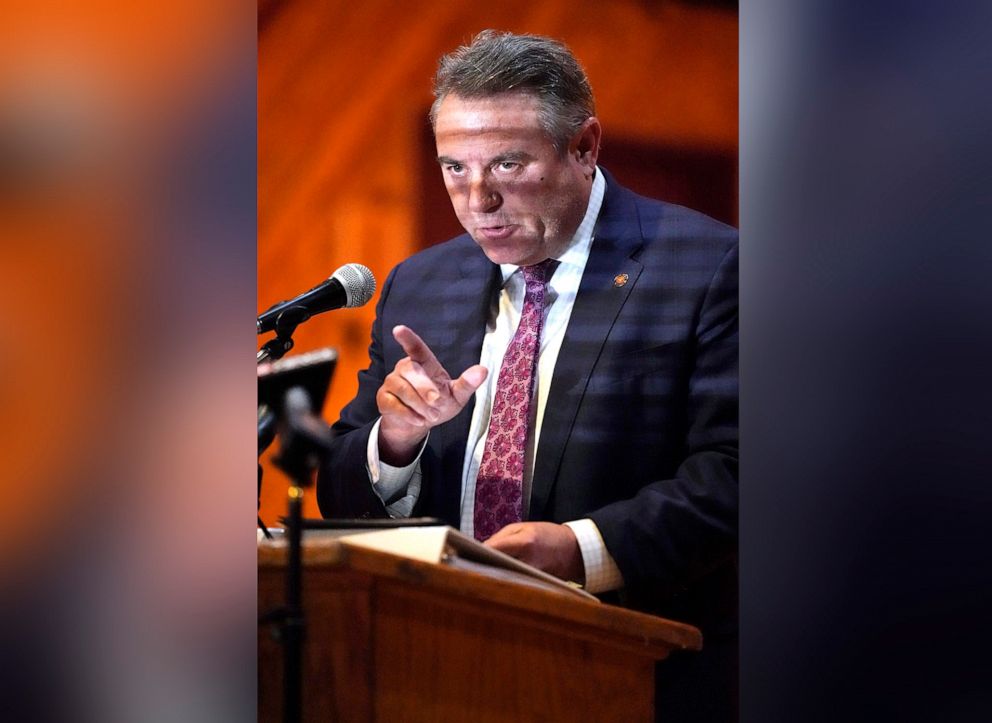Anti-critical race theory bill signed into law by Mississippi governor
Similar Republican-led bills have been pushed in 41 states.
Mississippi Gov. Tate Reeves signed a law Monday banning "critical race theory" and limiting education on race in schools.
Senate Bill 2113, "Critical Race Theory; Prohibit," does not mention critical race theory by name except for in its title.
Critical race theory is a discipline taught in higher education that analyzes how racism has shaped U.S. laws and how those laws continue to impact the lives of non-white people.
The bill says that no public educational institution shall teach "that any sex, race, ethnicity, religion or national origin is inherently superior or inferior; or that individuals should be adversely treated on the basis of their sex, race, ethnicity, religion or national origin."
Critical race theory experts have told ABC News that the discipline has been distorted by legislators to appear discriminatory in its focus on systemic racism.
In a video announcing the signing of the bill, Reeves said that students are being taught progressive ideals that are against "the principles of America's founding."

"Mississippi is taking another step toward ensuring our kids receive the unbiased and impartial education they need to reach their full potential as individuals, not as liberal operatives," Reeves said in the video.
Opponents of the bill say that the language in the bill is too vague and it could censor important lessons on the country and state's history of racial oppression.
In January, all of the legislature's Black Democratic state senators refused to vote on the bill and walked out in protest following fierce debate over the legislation.
"The whole situation of it is based on the founding of this country and some of the precepts that we, as a country, implicitly or explicitly accepted — chief among which we justified slavery because powers that be judged Black people to be racially inferior," Democratic state Sen. John Horhn said during the January debate.
He added, "A lot of our laws, a lot of our systems, a lot of our customs, a lot of our practices have been impacted by that.″
Supporters of the bill say their constituents don't want this theory taught to their children.
"Systematic racism should not be taught to our children," the bill's sponsor, Republican state Sen. Michael McLendon, said during debate on the bill.

Reeves claimed that some students are made to feel guilty or victimized about their race through lessons under the "critical race theory" label.
The effort by Republican lawmakers to ban certain lessons on race has spread nationwide -- with bills touting almost identical language being introduced in at least 41 states.
Governors in at least 15 of those states have signed bans into law or have taken executive action on the issue, including in Florida, Idaho, Montana, Iowa, New Hampshire, Tennessee and Virginia.
However, several of these efforts have failed, including in Indiana, Wyoming, Wisconsin, Maine and Rhode Island.




